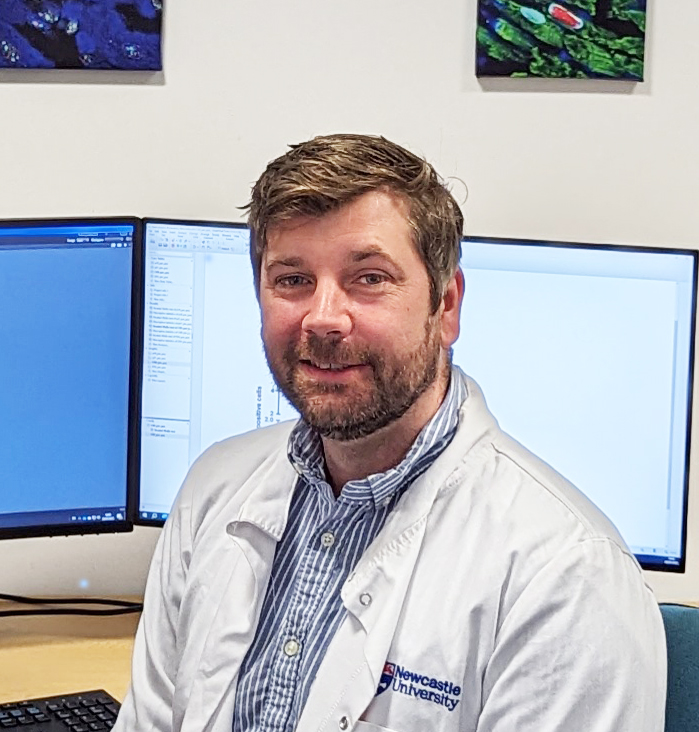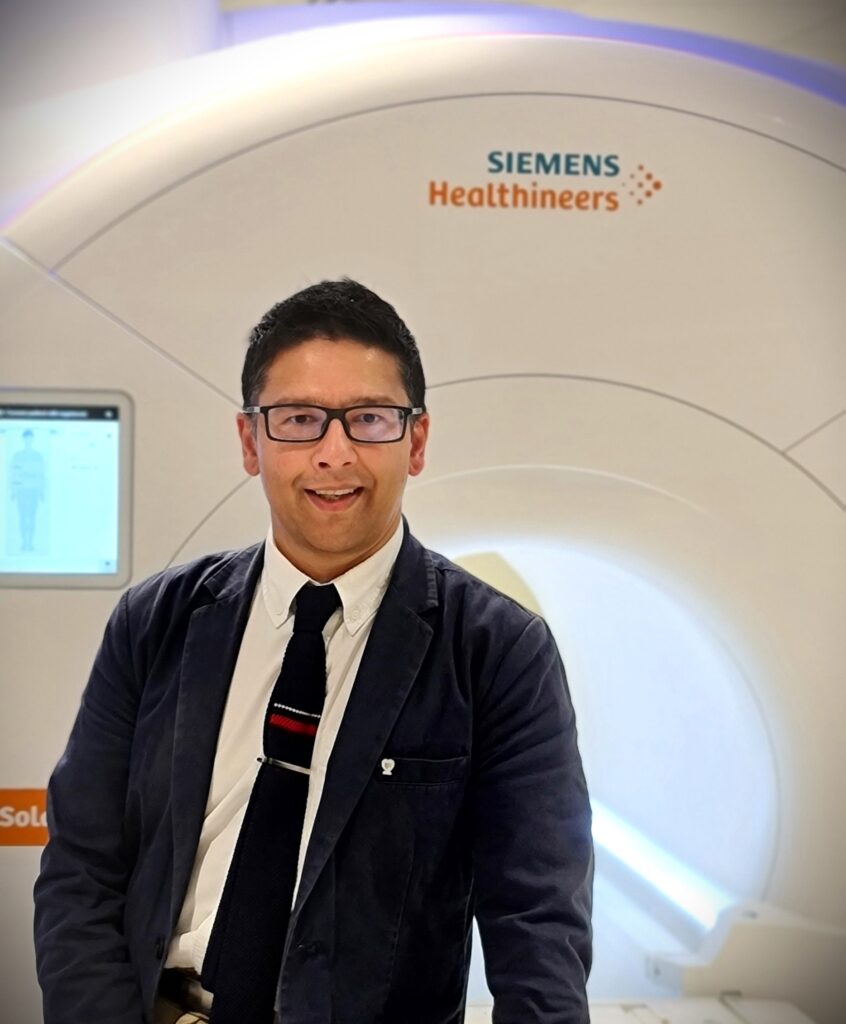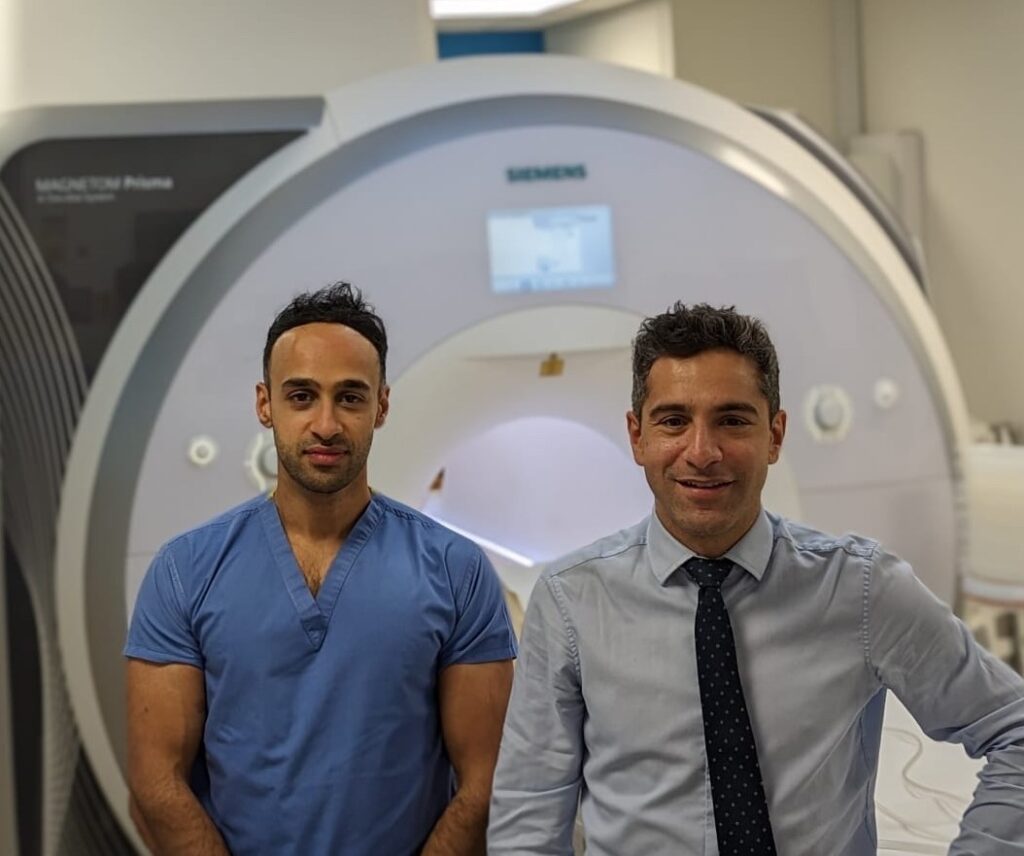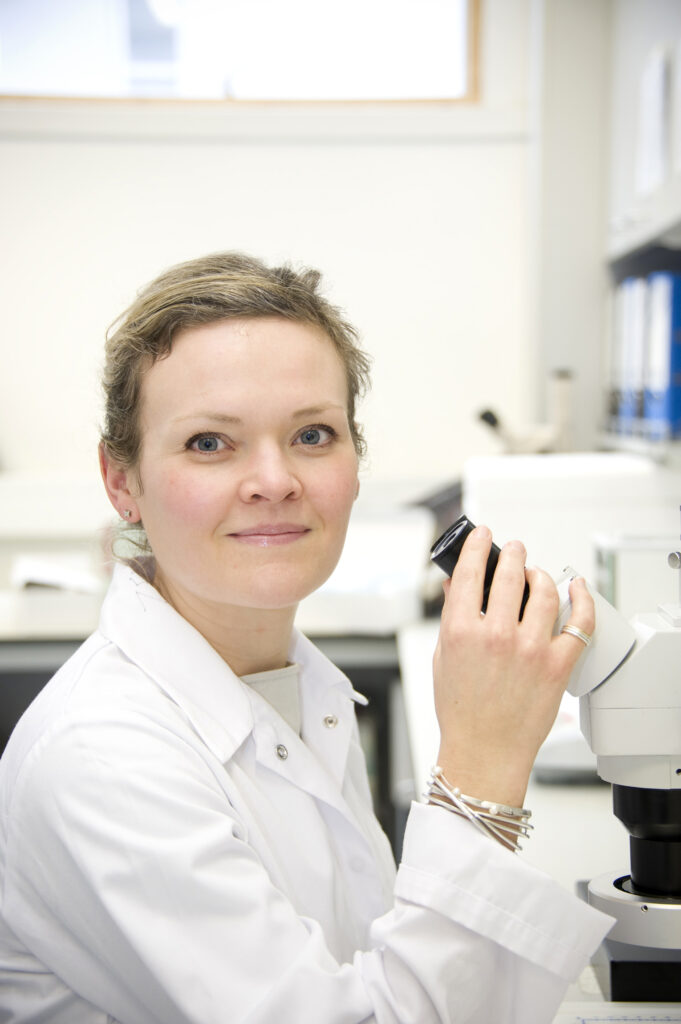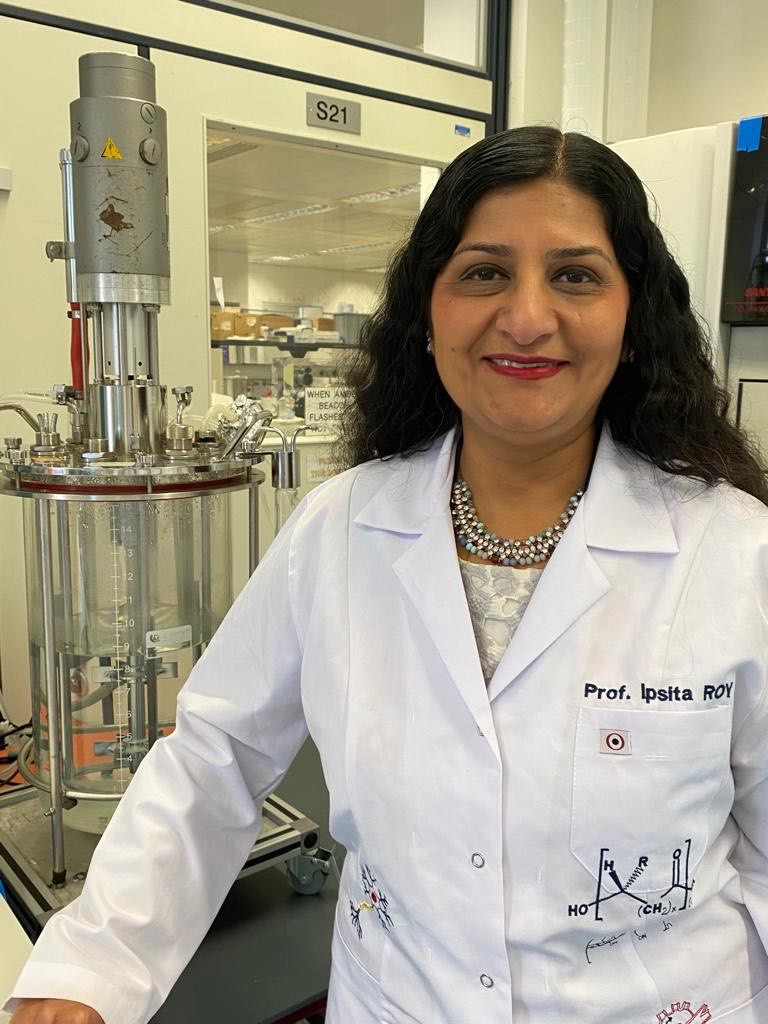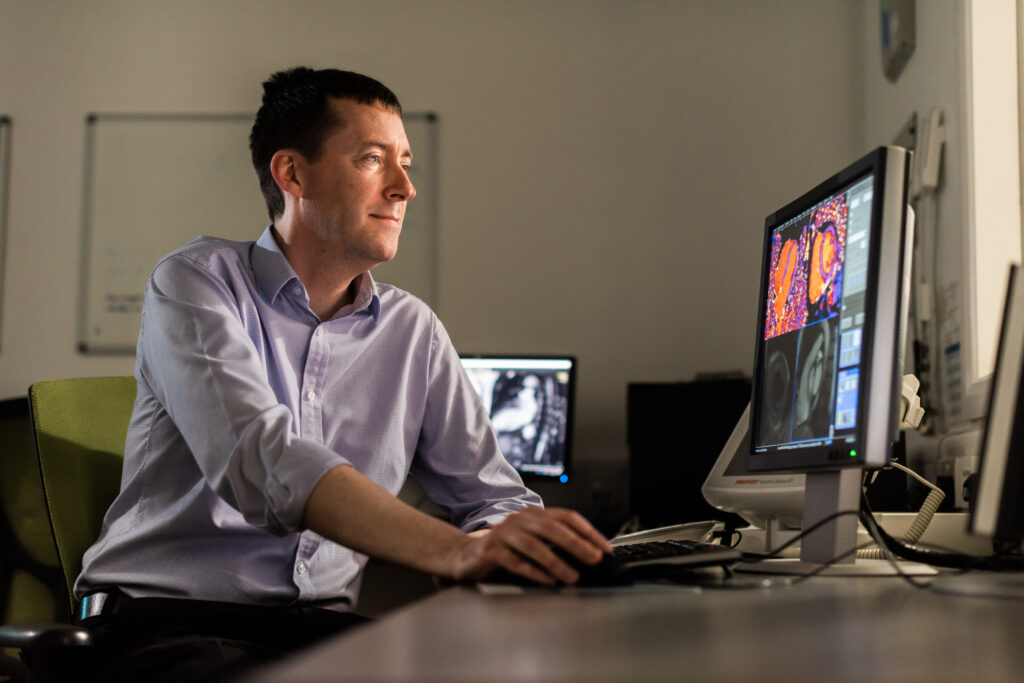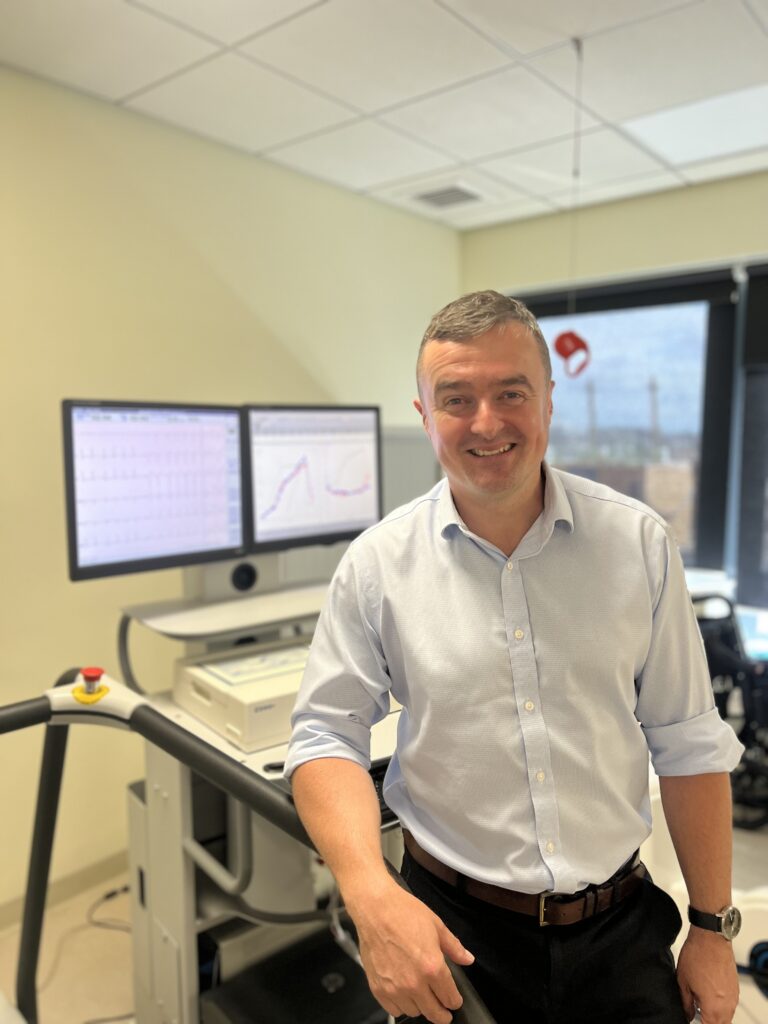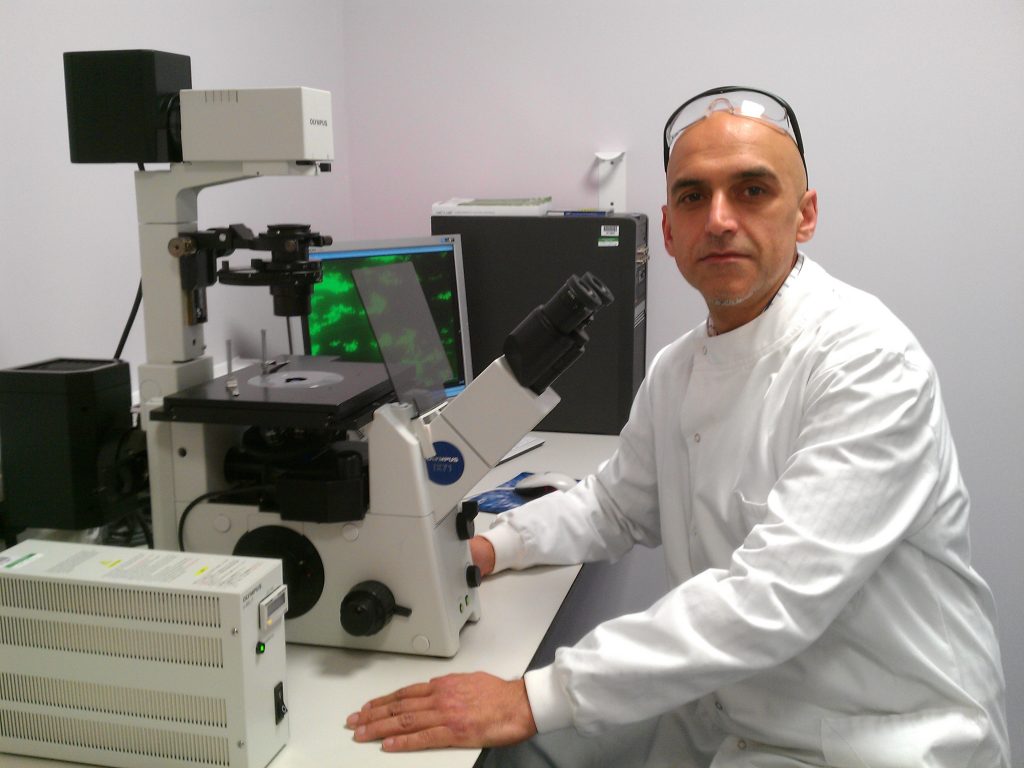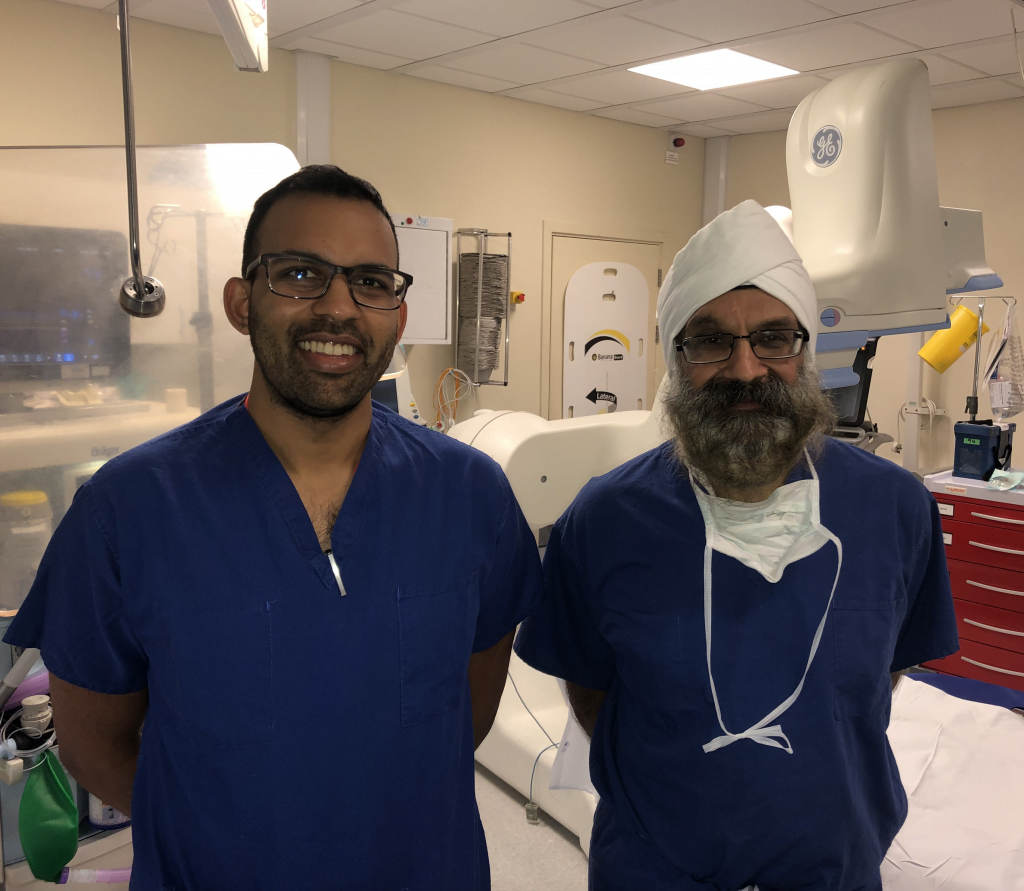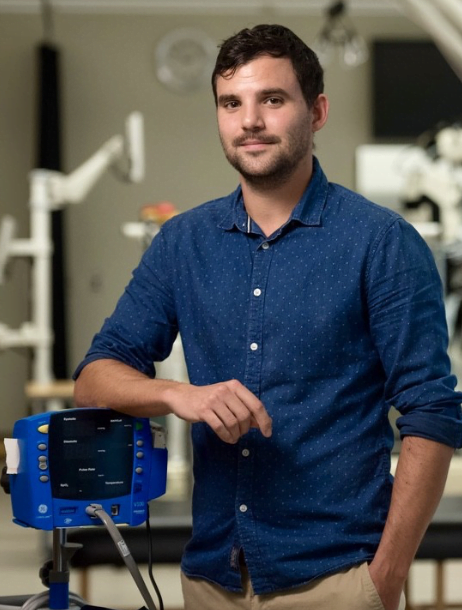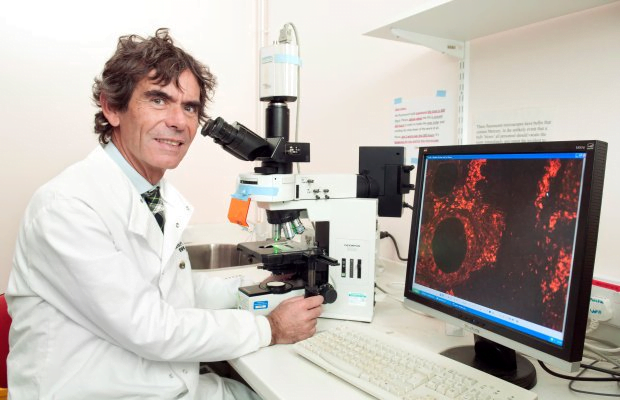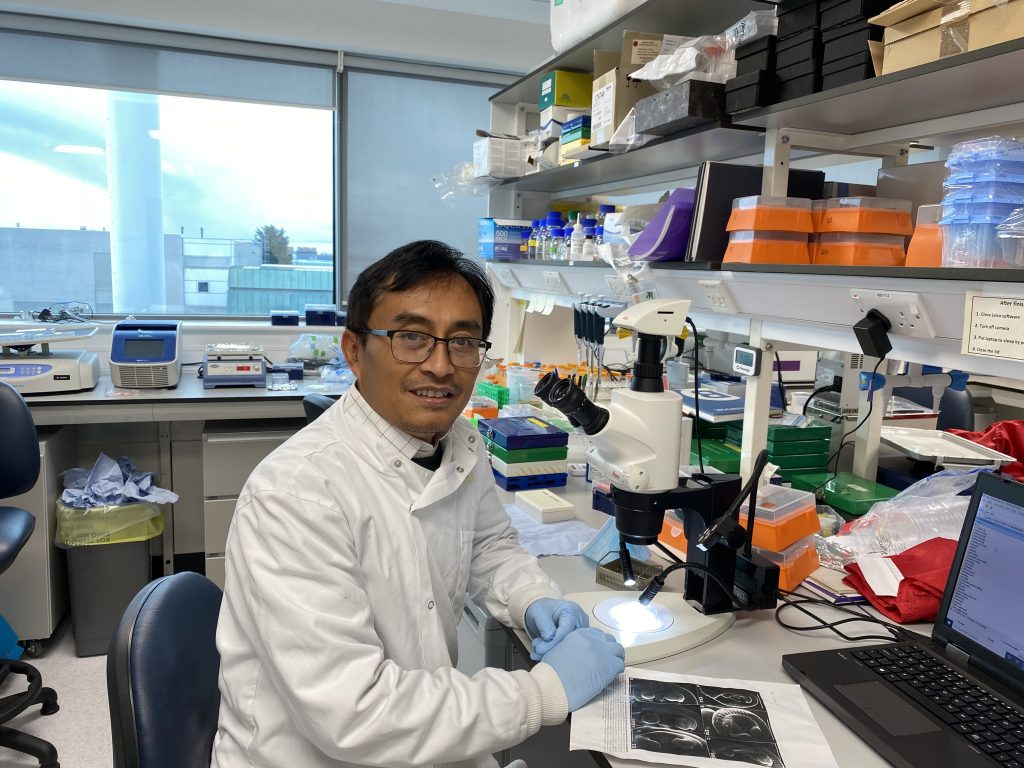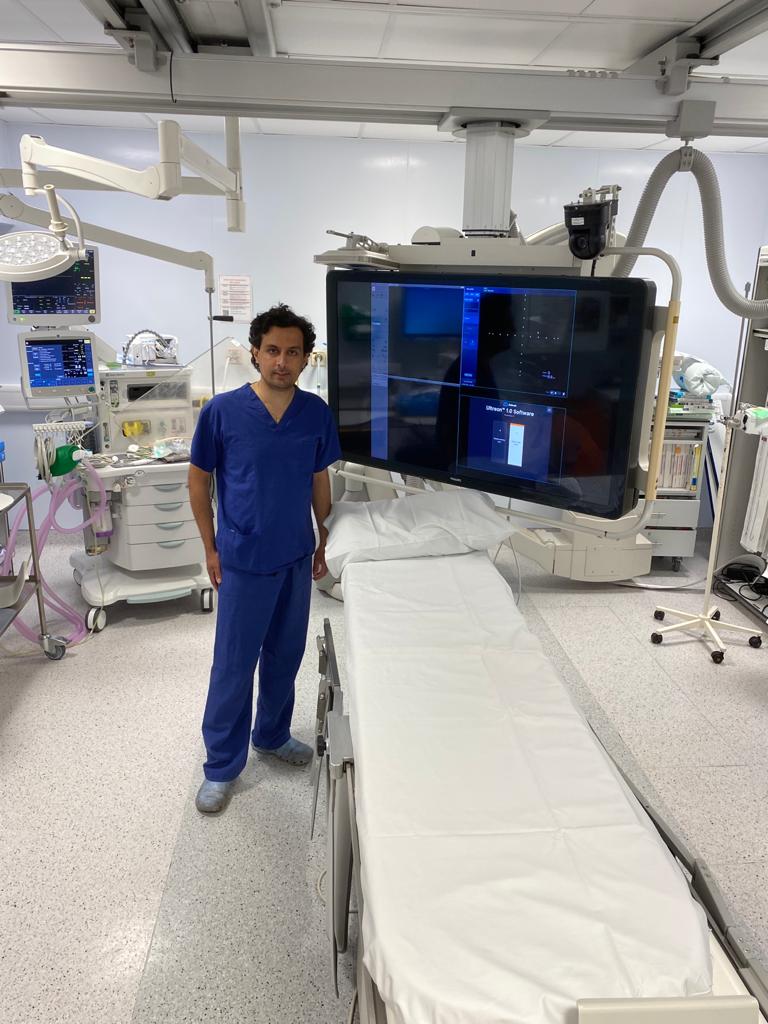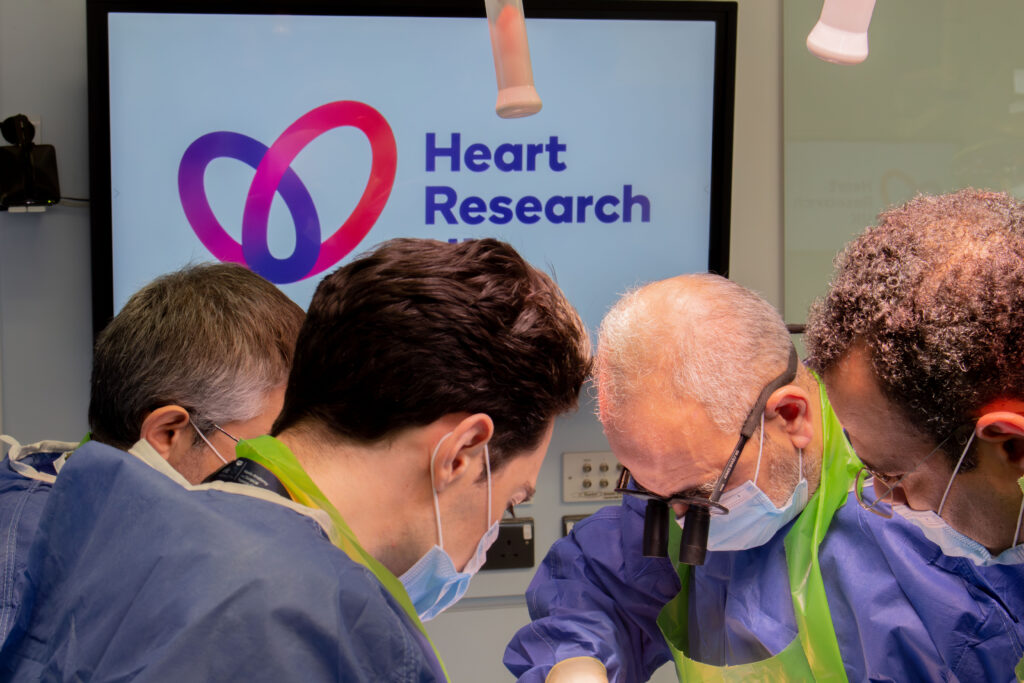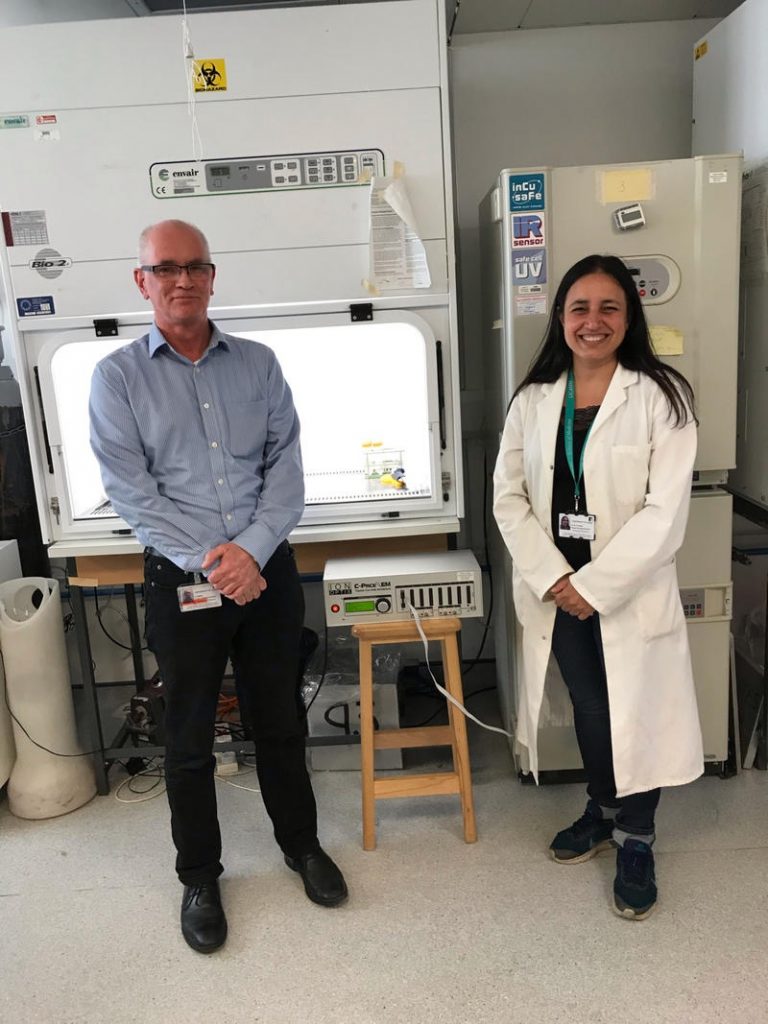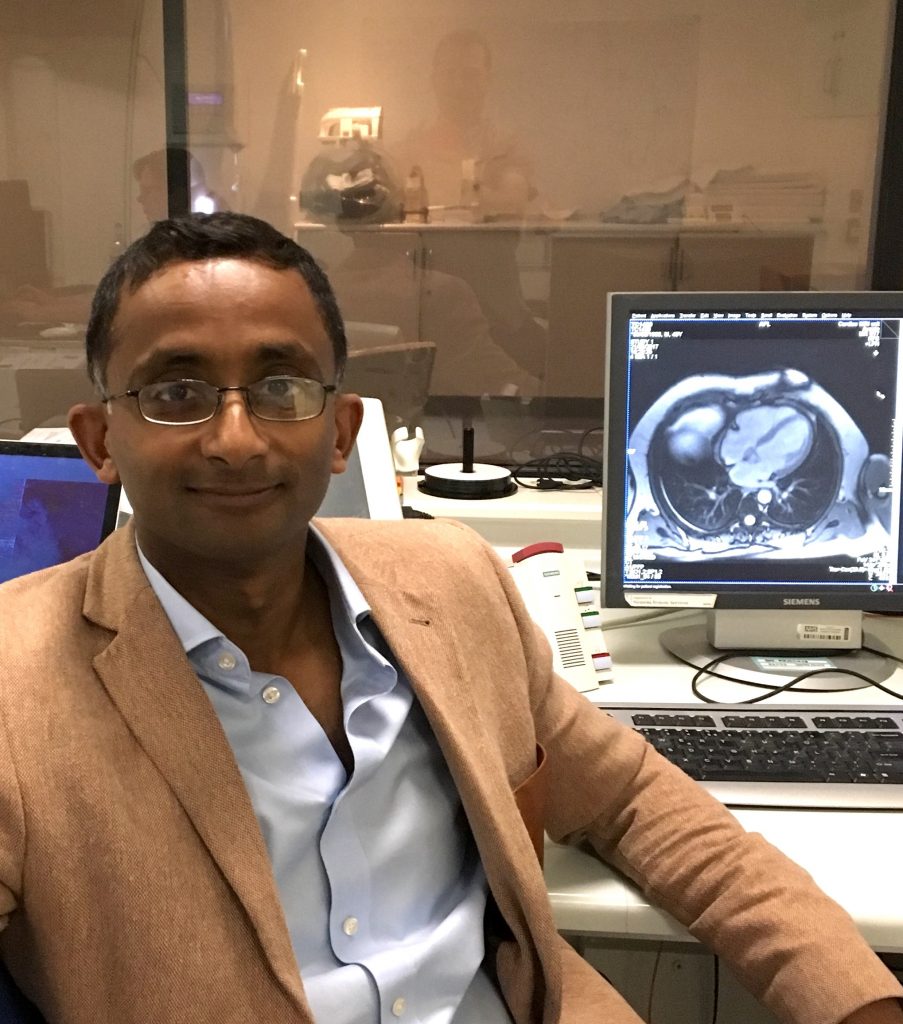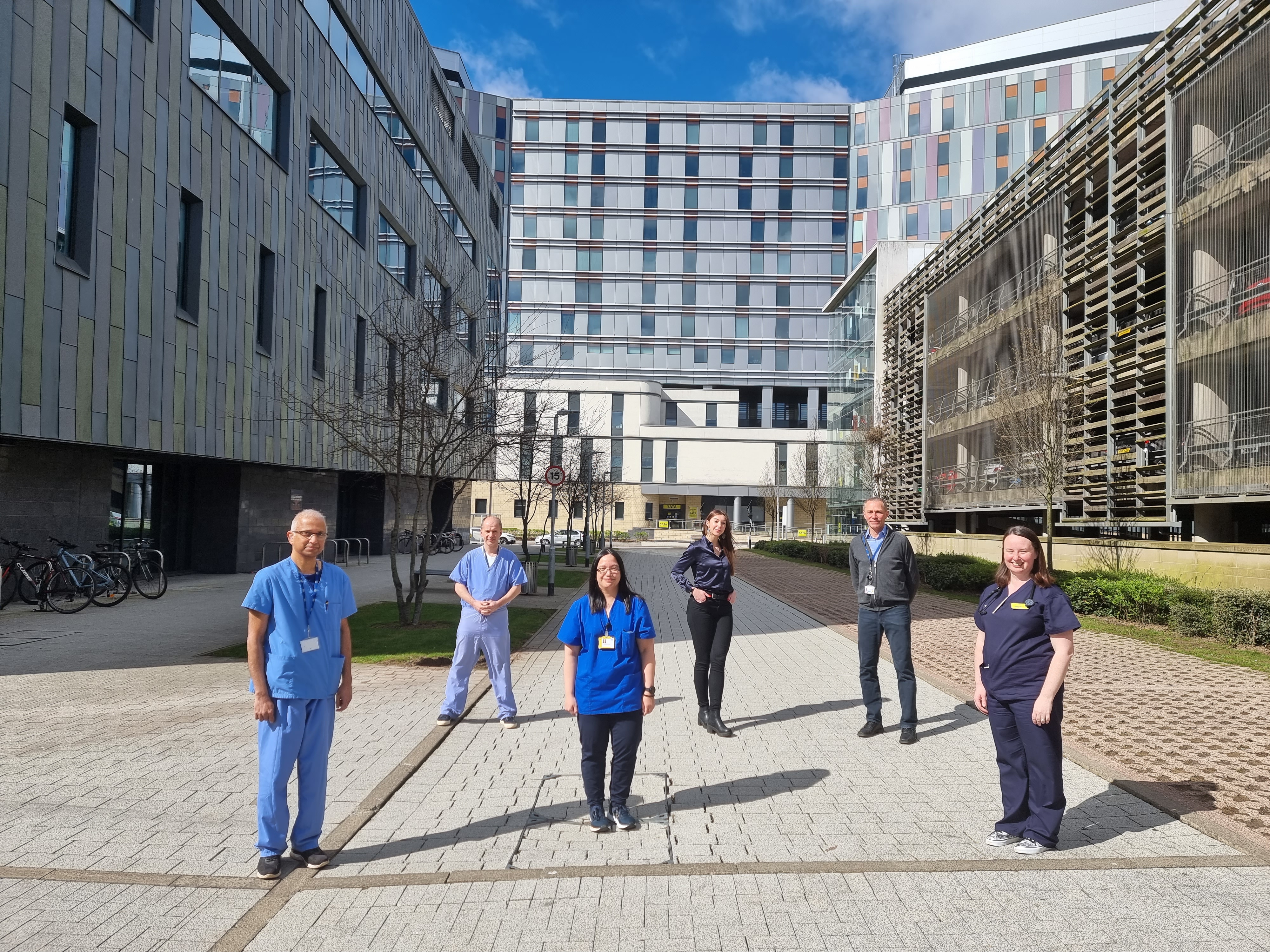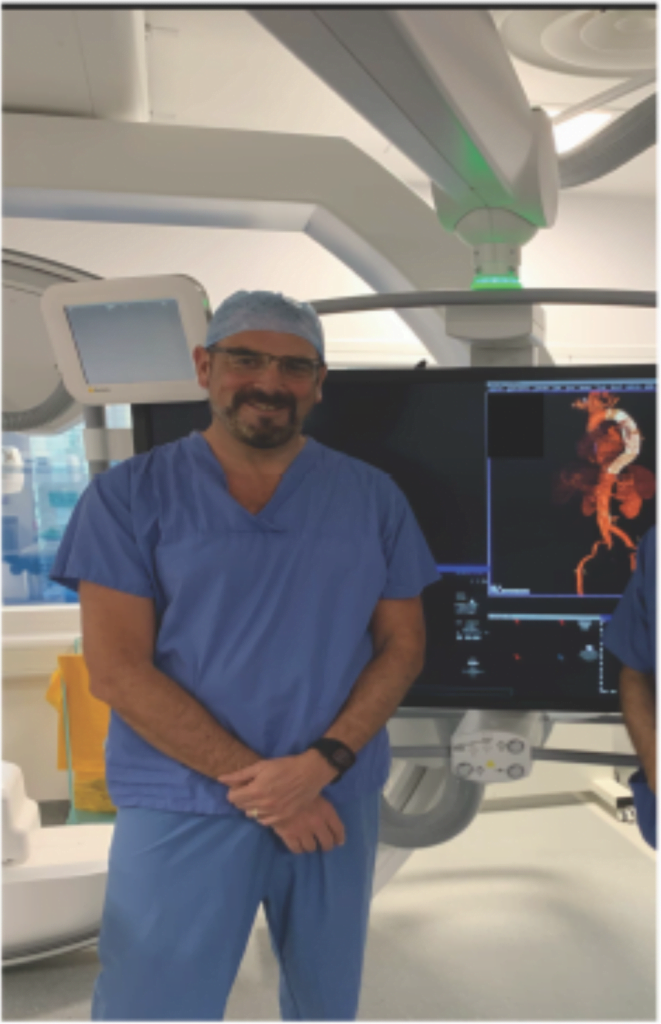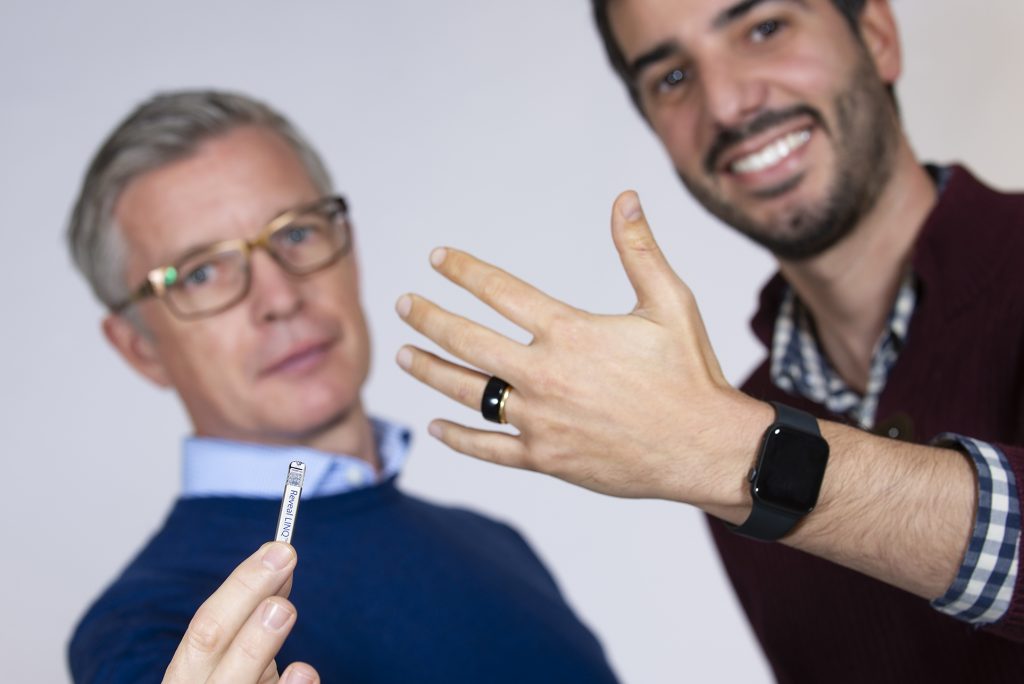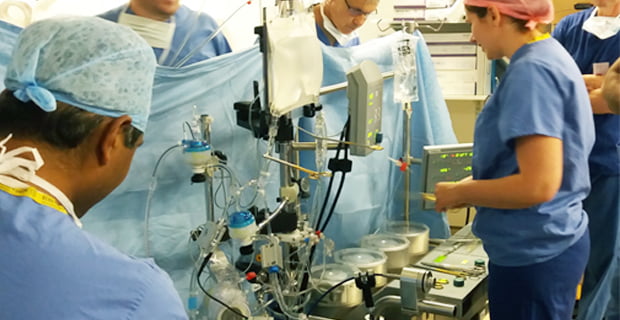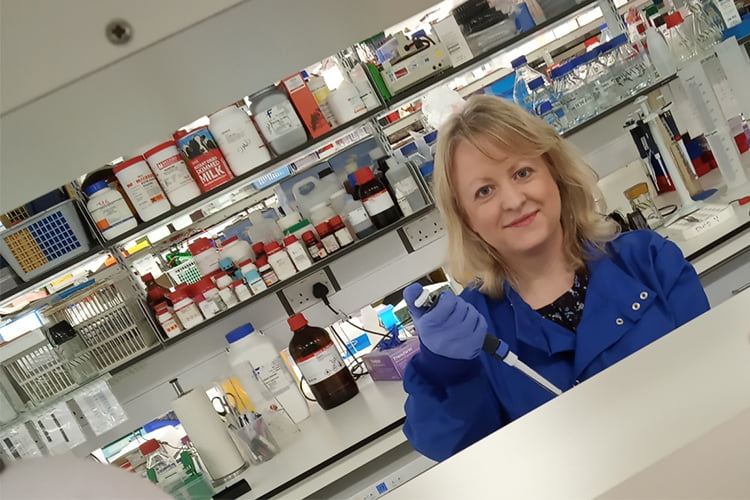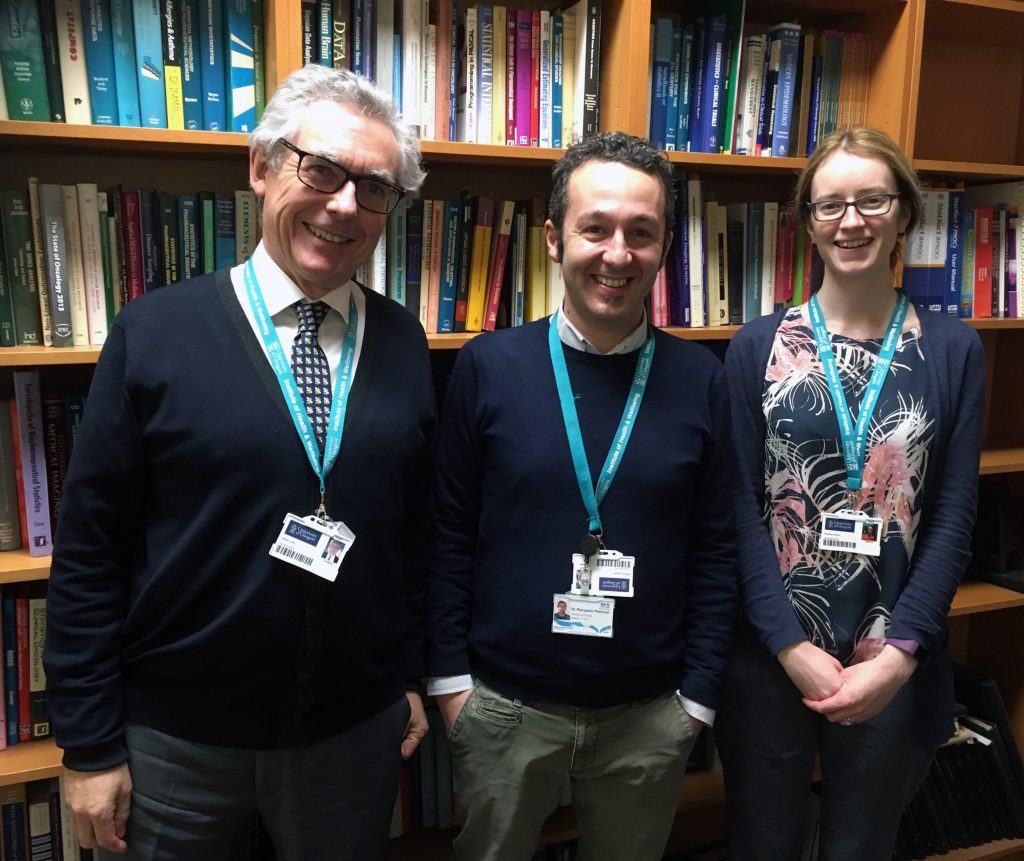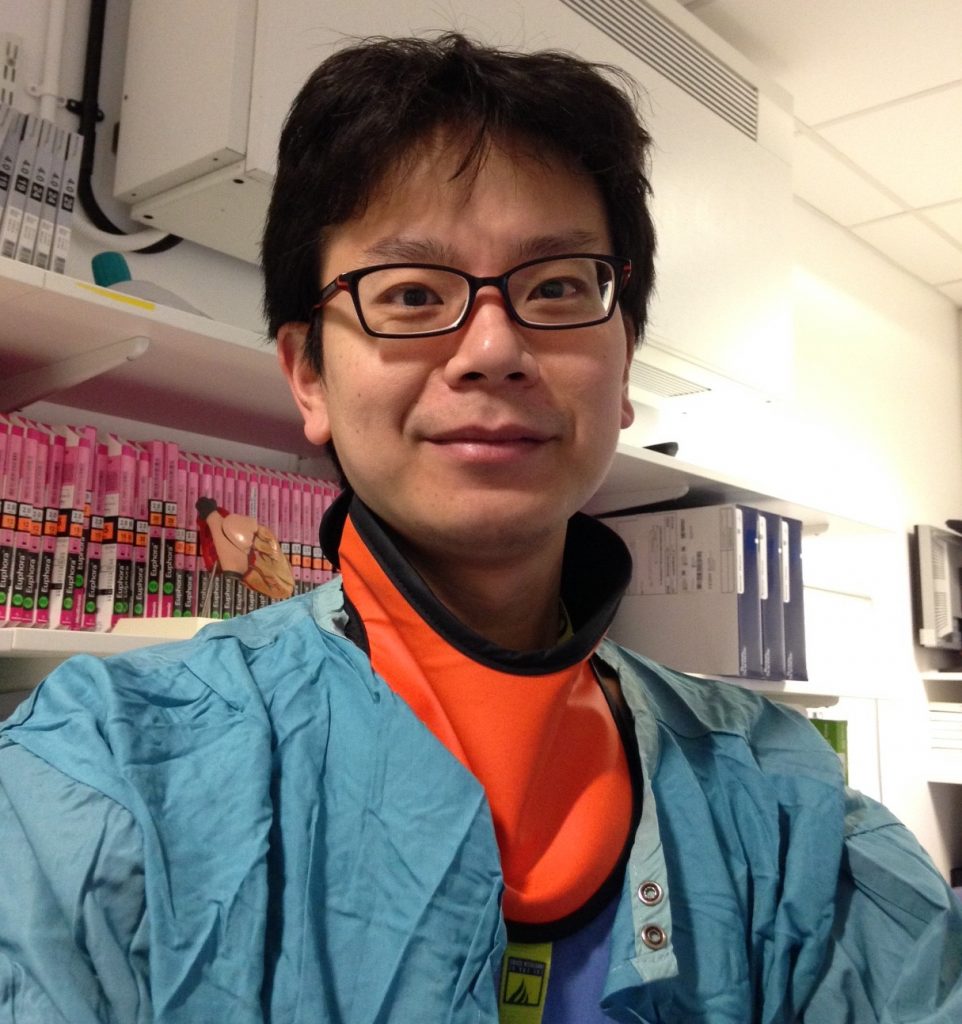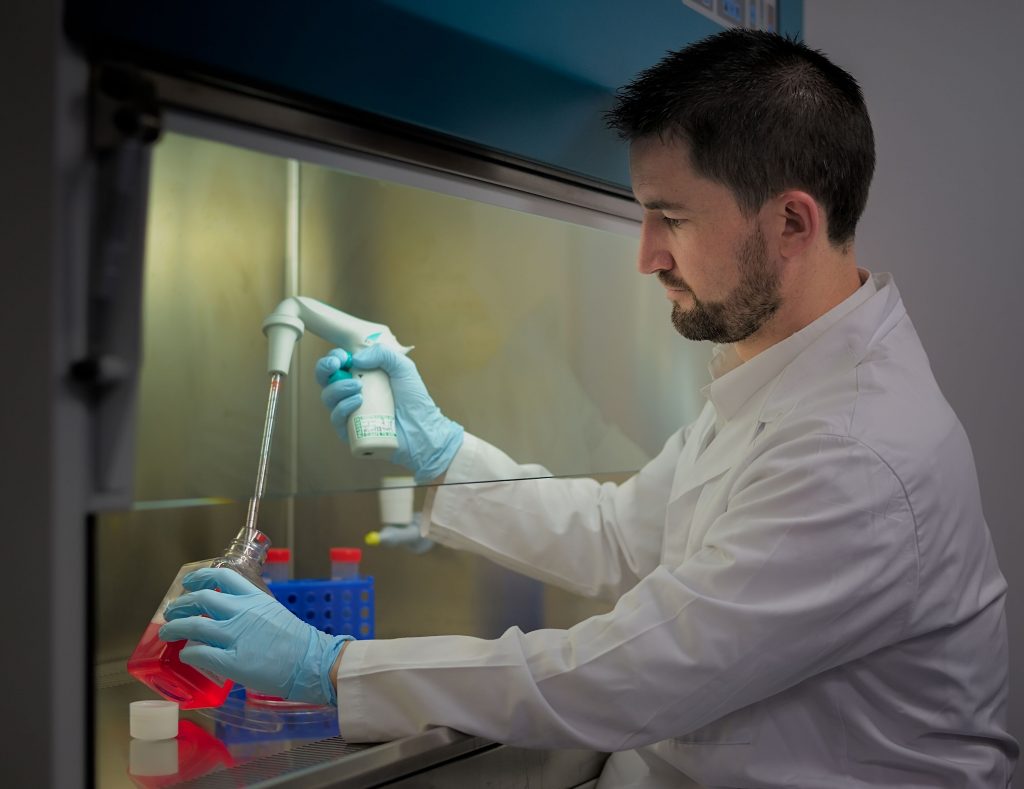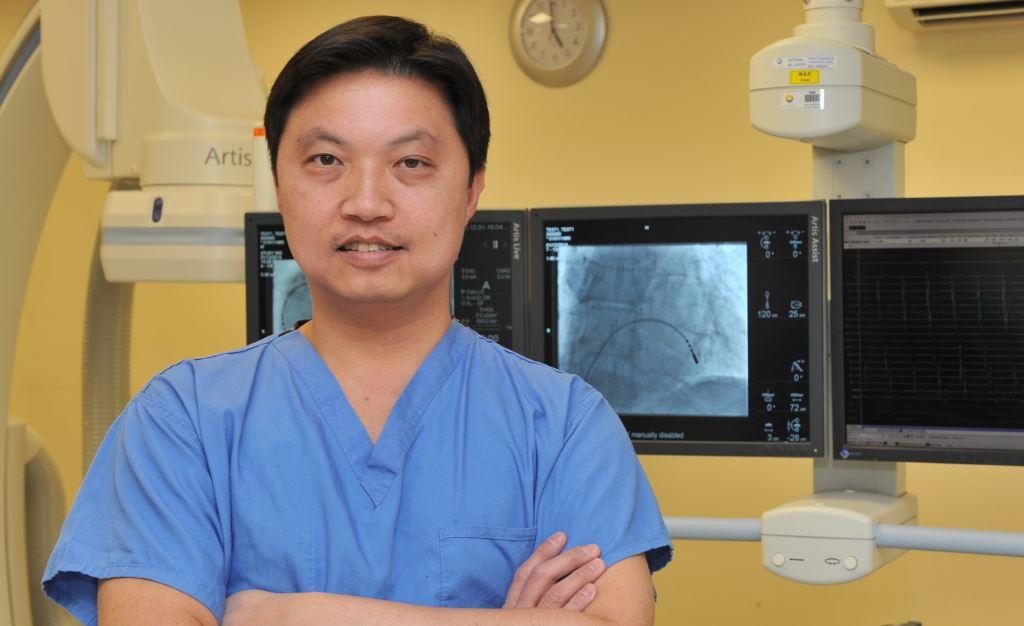Trustees’ Discretionary Grant
Prof John Greenwood, University of Leeds
Amount: £149,942
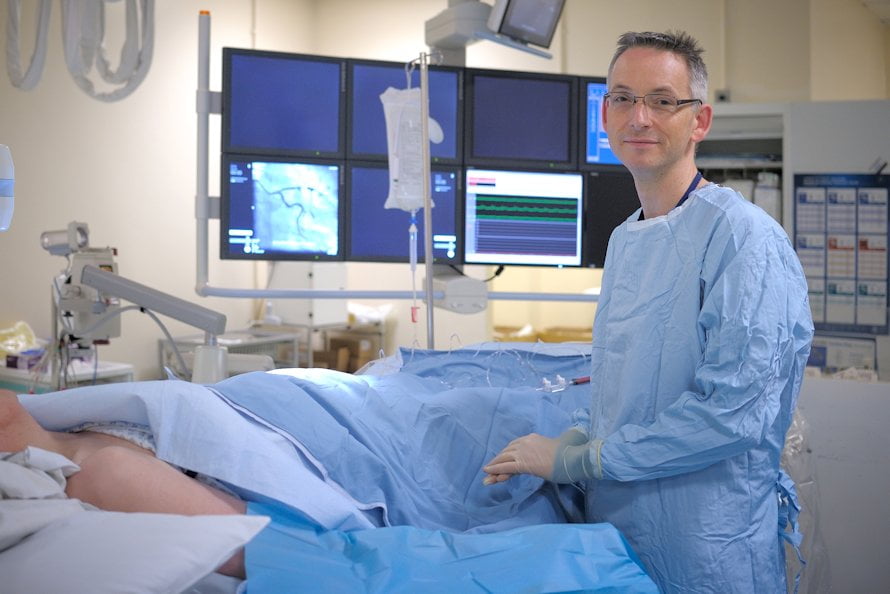
Angina is chest pain usually caused by coronary heart disease (CHD) which occurs when there is a narrowing of the heart arteries that supply the heart muscle with blood. In the UK, about 2 million people have angina and approximately 200,000 are referred to hospital each year for further tests. There are lots of different tests to investigate suspected angina but doctors have different opinions as to the best approach. This leads to wide practice variation, inefficiency of healthcare resources and may adversely impact on patient experience and outcomes.
Recent NICE guidelines recommend a non-invasive CT angiogram for all patients with suspected typical or atypical angina. This approach does not recognise individual patient characteristics, risk factors or likelihood of them having disease. Whilst cardiac CT is an excellent test to exclude narrowing of the heart arteries when they are normal, it can lead to over-estimation of severity when moderate disease is present. This can lead to further tests, including invasive x-ray angiograms and increased NHS costs, with no difference in patient outcomes. Therefore this approach needs to be robustly tested to show that it is both appropriate for patients and cost efficient.
Professor Greenwood’s team will carry out a UK multi-centre clinical trial, involving approximately 4,000 patients, to test the UK NICE guidelines compared to a personalised strategy of cardiac investigation. The personalised strategy will take account of individual patient risk factors and include current cardiac imaging tests widely available in the NHS and used according to their strengths at ruling in or out CHD.
The majority of patients with CHD are keen to avoid invasive x-ray angiograms if possible and most doctors agree that we do too many invasive angiograms. Approximately 60 per cent of angiograms do not find significant narrowing of the heart arteries and so do not lead to a direct change in management for those patients. If we can find a safe way to reduce the number of invasive angiograms that do not find any significant disease, this will be good for patients and also good for the purse-strings of the NHS.
Uncertainty about the best way to investigate chest pain comes from the lack of clinical trials. This trial will formally evaluate the UK NICE guidelines to see if they are optimal or whether they can be improved. This should reduce practice variation across the UK, lead to more robust guidelines and potentially reduce costs for the NHS


